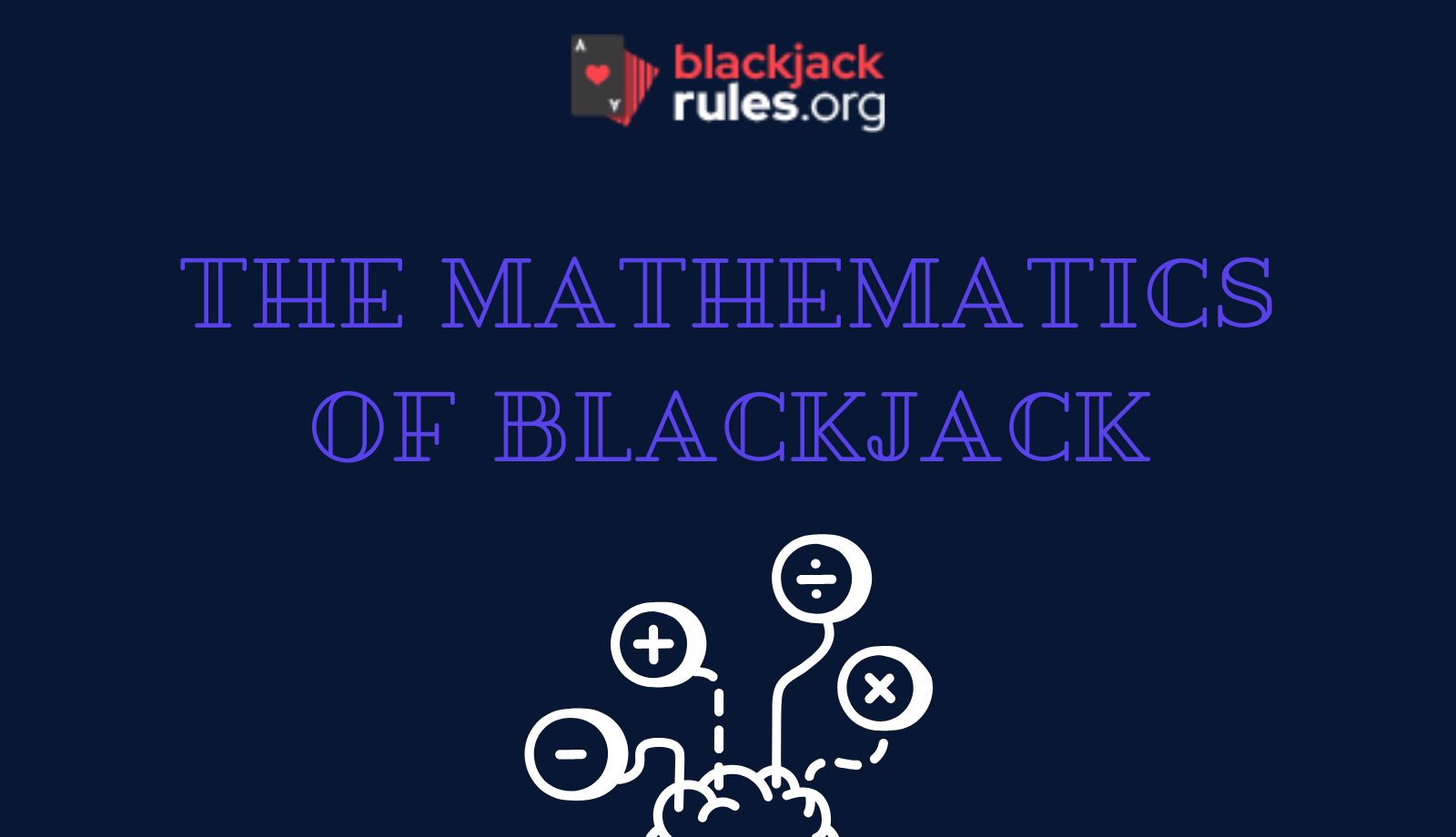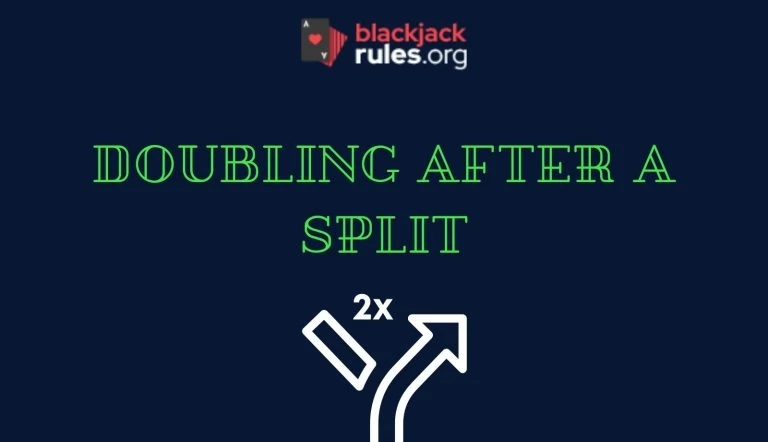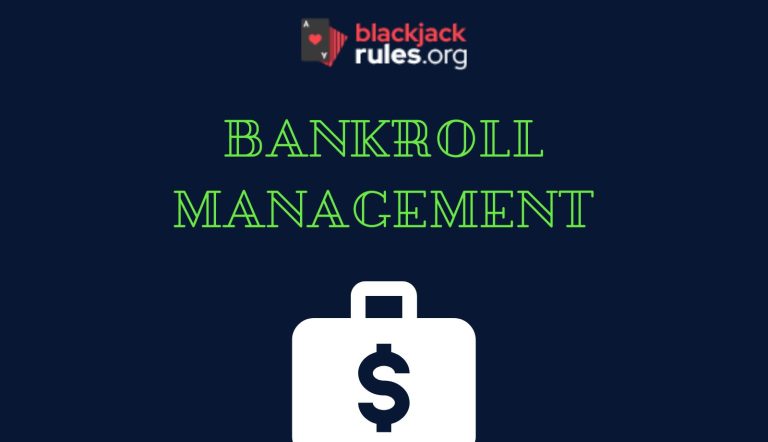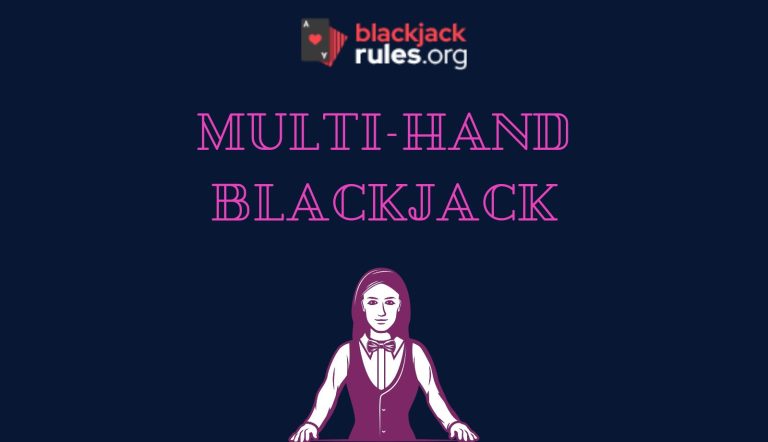The Hidden Math Behind Every Blackjack Decision
Every time you sit down at a blackjack table, you’re entering a world of pure mathematics. While it might feel like gambling, optimal blackjack play is actually applied probability theory in action.
Understanding this math doesn’t just make you a better player – it transforms blackjack from a game of chance into a game of skill.

Get real-time advice in every situation with our FREE Blackjack AI Helper tool! The strategy guide will analyze each situation and explain why this is the best decision you can make. Enhance your game knowledge and make informed decisions when it counts.
Expected Value: The Foundation of Smart Play
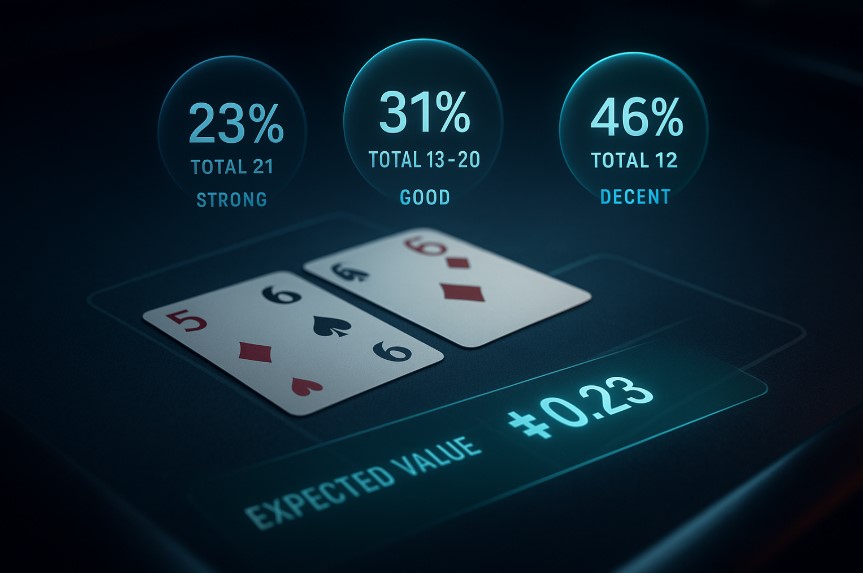
What Is Expected Value? Expected value (EV) is the average amount you can expect to win or lose on a bet over the long run. In blackjack, every decision you make has an expected value.
Example: The Power of EV in Action You have 11, dealer shows 6. Let’s calculate:
If you HIT:
- 23% chance of getting 10 (total 21) – Strong position
- 31% chance of getting 2-9 (total 13-20) – Good position
- 46% chance of getting A (total 12) – Decent position
- Expected Value: +$0.23
If you DOUBLE DOWN:
- Same probabilities, but double the bet
- Expected Value: +$0.46
The math clearly shows doubling is superior – you literally double your expected profit!
Probability Distributions: Understanding What Comes Next
The Card Counting Reality Even without counting cards, understanding remaining card probabilities helps enormously:
- 16 cards worth 10 points (10, J, Q, K) = 30.8% of deck
- 4 Aces = 7.7% of deck
- All other ranks = 7.7% each
Dealer Bust Probabilities by Upcard:
- Dealer showing 2: 35% bust rate
- Dealer showing 3: 37% bust rate
- Dealer showing 4: 40% bust rate
- Dealer showing 5: 42% bust rate
- Dealer showing 6: 42% bust rate
- Dealer showing 7: 26% bust rate
- Dealer showing 8: 24% bust rate
- Dealer showing 9: 23% bust rate
- Dealer showing 10: 23% bust rate
- Dealer showing A: 17% bust rate
The Myth of “Gut Feelings” vs. Mathematical Reality
Common Player Mistake: “I feel like the dealer will bust” Your 16 vs. dealer’s 7. Many players stand because “the dealer might bust.”
The Math:
- Dealer bust probability: 26%
- Your win probability standing: 26%
- Your win probability hitting: 31%
- Optimal play: HIT (5% better chance of winning)
Why Intuition Fails Human brains are terrible at processing probabilities intuitively. We remember dramatic wins and losses more than routine outcomes, creating false patterns.
Soft Hands: Where Math Gets Interesting
Understanding Soft Hand Mathematics Soft hands (containing an Ace counted as 11) create unique mathematical opportunities:
Soft 18 (A,7) vs. Dealer 9:
- Standing EV: -0.19
- Hitting EV: -0.09
- Correct play: HIT (Despite having 18!)
This counterintuitive play demonstrates why understanding the math matters more than following “common sense.”
The House Edge: How Small Percentages Create Big Differences
Perfect Basic Strategy:
- House edge: 0.5%
- On $100 bet: Expected loss = $0.50
Typical Casual Player:
- House edge: 2-4%
- On $100 bet: Expected loss = $2.00-$4.00
Over 100 hands of $25 each:
- Perfect play: Expected loss = $12.50
- Casual play: Expected loss = $50-$100
Advanced Concepts: When Basic Strategy Isn’t Enough
Composition-Dependent Strategy Your 16 made of 10,6 vs. 16 made of 7,4,5 have slightly different optimal plays due to removed card effects.
True Count Adjustments Card counting modifies basic strategy based on remaining card composition:
- Rich in 10s and Aces = More aggressive doubling/splitting
- Rich in small cards = More conservative play
Putting It All Together
The Three Pillars of Mathematical Blackjack:
- Expected Value Thinking: Every decision has a measurable long-term value
- Probability Awareness: Understanding likely outcomes for every scenario
- Variance Management: Accepting short-term swings while focusing on long-term edges
Practice Makes Perfect
Understanding the math is only the first step. You need to practice applying these concepts until they become second nature.
Our interactive AI tutor shows you the exact probabilities and expected values for every decision, helping you internalize the mathematics that separate winning players from everyone else.
